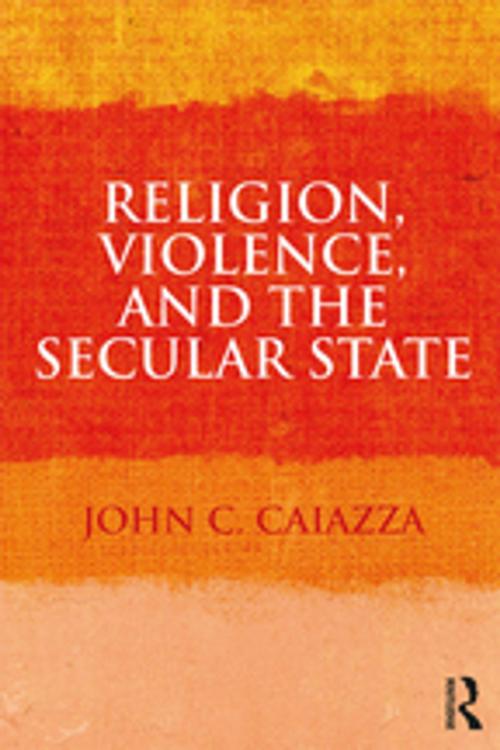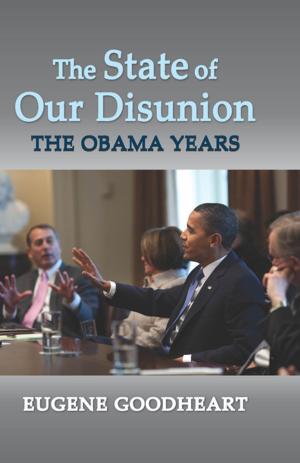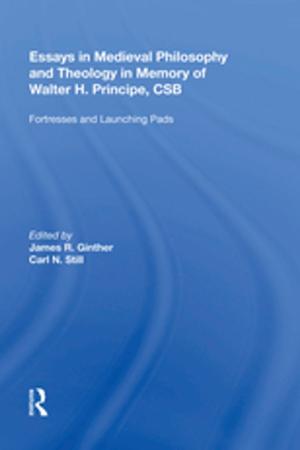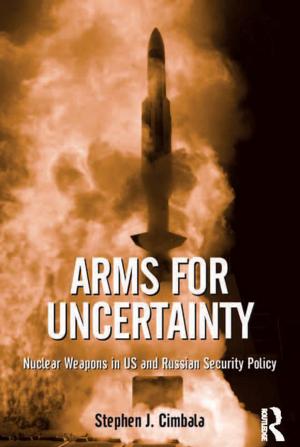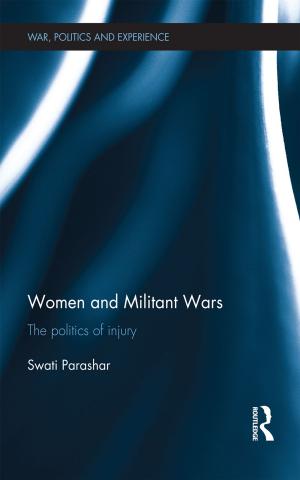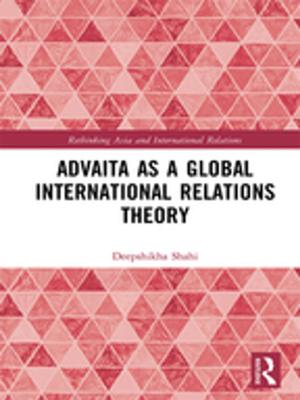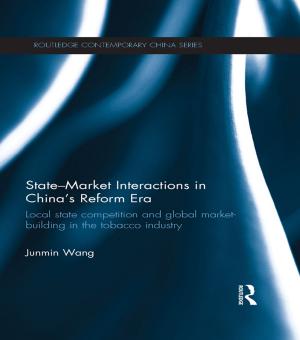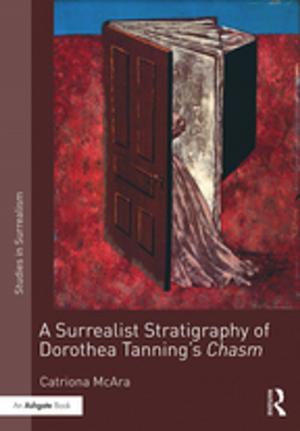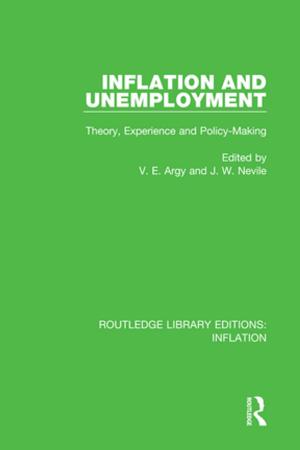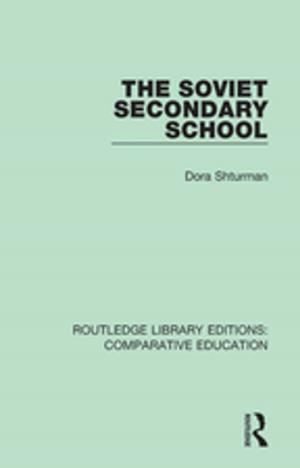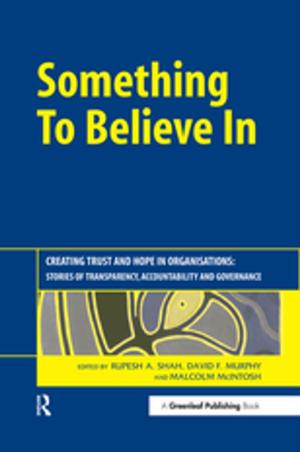| Author: | John C. Caiazza | ISBN: | 9781351588737 |
| Publisher: | Taylor and Francis | Publication: | September 7, 2017 |
| Imprint: | Routledge | Language: | English |
| Author: | John C. Caiazza |
| ISBN: | 9781351588737 |
| Publisher: | Taylor and Francis |
| Publication: | September 7, 2017 |
| Imprint: | Routledge |
| Language: | English |
Religion, Violence, and the Secular State assesses contemporary religious violence in the context of tensions between state secularism and religious ethics, and ultimately concludes that the West must reemphasize its own religious tradition in order to successfully combat the rise of a violent fundamentalism. The book presents an argument in three parts: first, an examination of the nature of religious violence; second, the effects of the present secularism of the American state on our ineffective ethical framework; and third, an advocacy for both the reasonableness of religious belief and the value of religiously based ethics (i.e., Jewish, Christian, and Muslim) as an influence within the modern state. The conclusion is that, with the arrival of violent Islam in the West, the presence of (traditional) religious influence in the United States needs to be reemphasized to combat religious terrorism. Islam represents a challenge to America and the West as a religious ideal that can only be successfully met by an energetic renewal of our own religious resources.
Religion, Violence, and the Secular State assesses contemporary religious violence in the context of tensions between state secularism and religious ethics, and ultimately concludes that the West must reemphasize its own religious tradition in order to successfully combat the rise of a violent fundamentalism. The book presents an argument in three parts: first, an examination of the nature of religious violence; second, the effects of the present secularism of the American state on our ineffective ethical framework; and third, an advocacy for both the reasonableness of religious belief and the value of religiously based ethics (i.e., Jewish, Christian, and Muslim) as an influence within the modern state. The conclusion is that, with the arrival of violent Islam in the West, the presence of (traditional) religious influence in the United States needs to be reemphasized to combat religious terrorism. Islam represents a challenge to America and the West as a religious ideal that can only be successfully met by an energetic renewal of our own religious resources.
